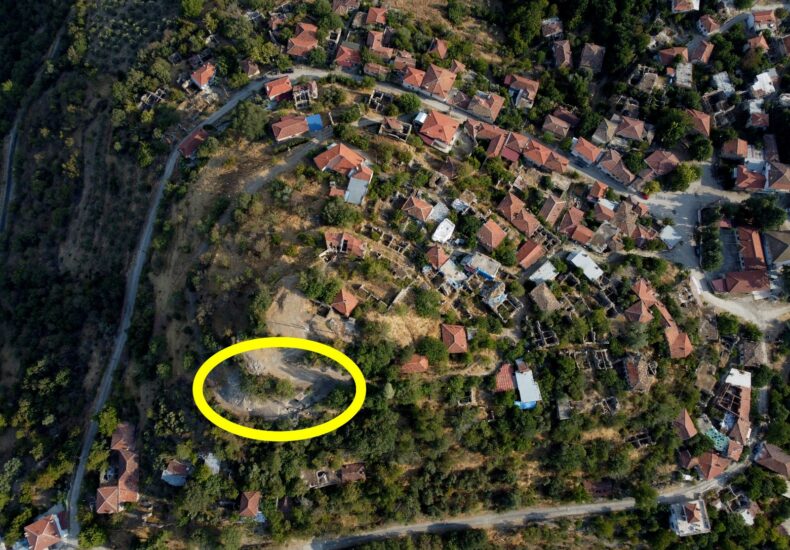
2,800-Year-Old Sanctuary of the Phrygian Mother Goddess Matar Unearthed at Attouda Ancient City
Archaeologists working at the ancient city of Attouda in Denizli’s Sarayköy district have uncovered a sanctuary dedicated to the Phrygian Mother Goddess Matar (Kybele), dating back 2,600–2,800 years. The discovery includes a monumental rock sanctuary, a sacred cave, and a unique twin rock idol.
The excavations are carried out under the supervision of Hulusi Ünsal, Director of Denizli Museum, with scientific responsibility by Assoc. Prof. Dr. Bilge Yılmaz Kolancı from Pamukkale University’s Department of Archaeology. The project is part of the “Heritage for the Future” initiative, supported by Türkiye’s Ministry of Culture and Tourism.
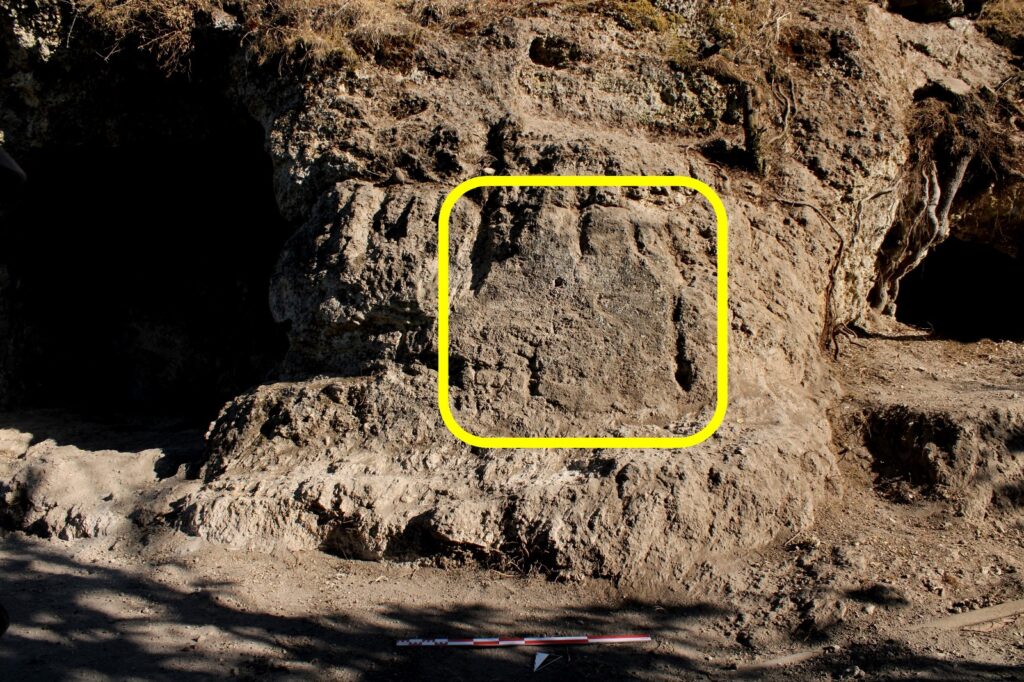
Expanding the religious boundaries of the Phrygians
Until now, such rock idols were known only from Mountainous Phrygia (Eskişehir, Afyonkarahisar, Kütahya). Their presence at Attouda demonstrates that the sacred geography of the Phrygians extended much farther west—reaching Denizli.
Within the sanctuary, dated to the 8th–6th centuries BC, archaeologists identified an open-air rock monument functioning as a temple, a sacred cave dedicated to the goddess, and at the center, a twin rock idol symbolizing Matar.
📣 Our WhatsApp channel is now LIVE! Stay up-to-date with the latest news and updates, just click here to follow us on WhatsApp and never miss a thing!!
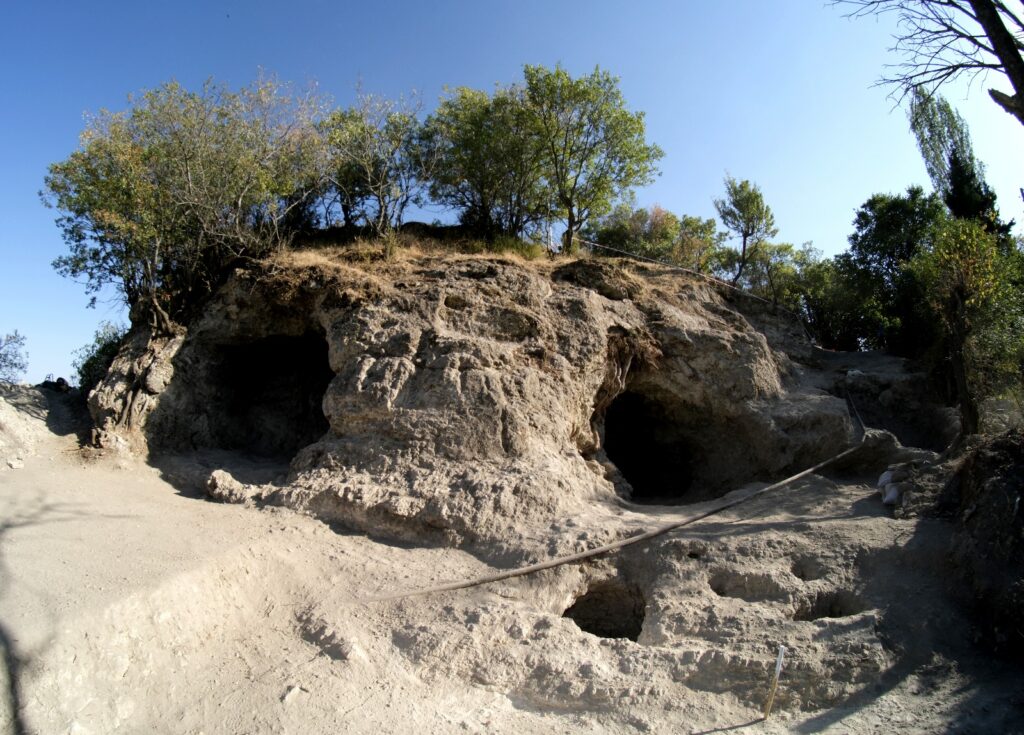
The team also uncovered numerous rock-cut libation bowls, wells, and channels, which were used during rituals of fertility and harvest, where offerings of grain and liquids were made to honor the goddess and the abundance of nature.
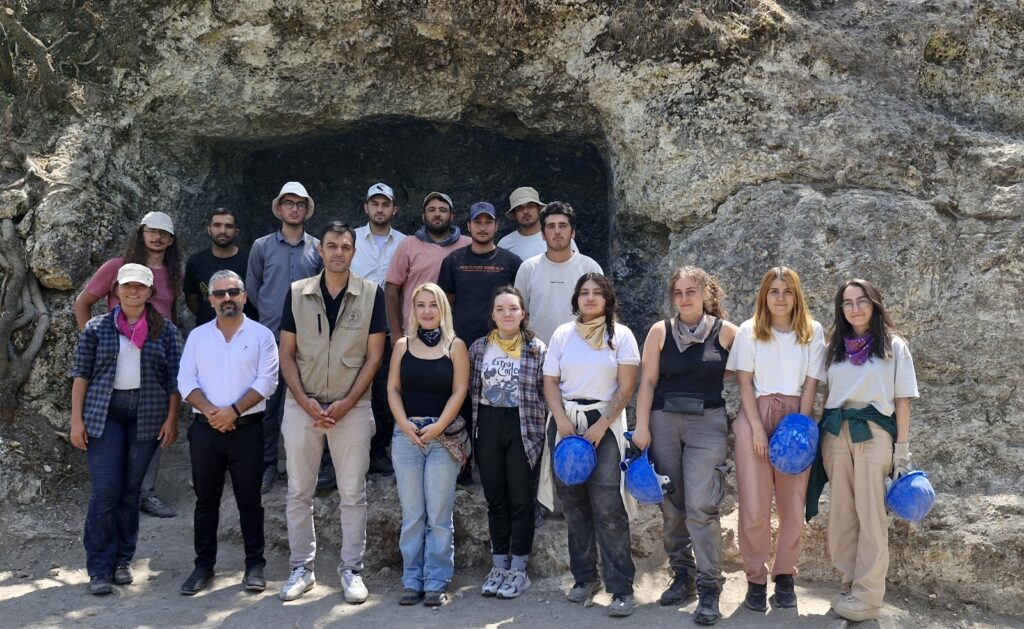
Assoc. Prof. Dr. Kolancı emphasized the importance of the discovery:
“This sanctuary offers rare and tangible evidence of rituals performed for the Mother Goddess. It reshapes our understanding of the Phrygians’ religious landscape.”
Excavations at Attouda will continue throughout the 2025 season.
Who Was Matar, the Phrygian Mother Goddess?
Known in Greek and Roman sources as Kybele, the Mother Goddess Matar was one of the most important deities of the Phrygian world. She embodied fertility, nature’s abundance, and the cycles of life and harvest. Her cult spread far beyond Anatolia, influencing religious practices in Greece and Rome, where she was worshipped as the “Great Mother of the Gods.”
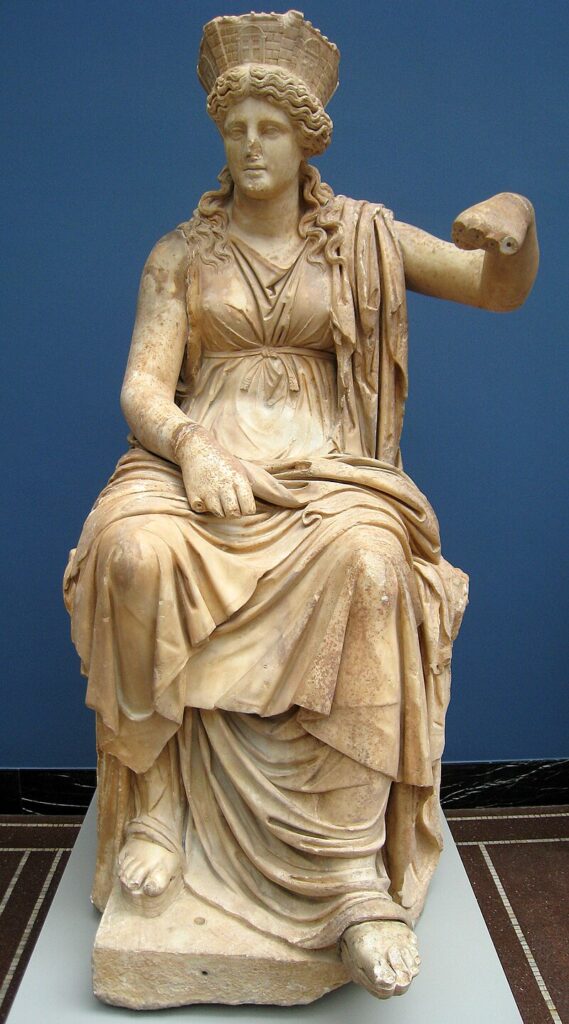
Matar’s sanctuaries often included rock monuments, caves, and ritual areas where offerings of grain, wine, and libations were made. The Attouda discovery shows that her sacred geography stretched deep into western Anatolia, confirming her enduring significance in ancient religion.
You may also like
- A 1700-year-old statue of Pan unearthed during the excavations at Polyeuktos in İstanbul
- The granary was found in the ancient city of Sebaste, founded by the first Roman emperor Augustus
- Donalar Kale Kapı Rock Tomb or Donalar Rock Tomb
- Theater emerges as works continue in ancient city of Perinthos
- Urartian King Argishti’s bronze shield revealed the name of an unknown country
- The religious center of Lycia, the ancient city of Letoon
- Who were the Luwians?
- A new study brings a fresh perspective on the Anatolian origin of the Indo-European languages
- Perhaps the oldest thermal treatment center in the world, which has been in continuous use for 2000 years -Basilica Therma Roman Bath or King’s Daughter-
- The largest synagogue of the ancient world, located in the ancient city of Sardis, is being restored

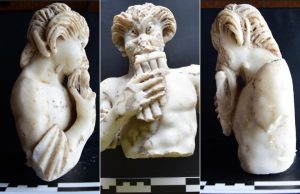
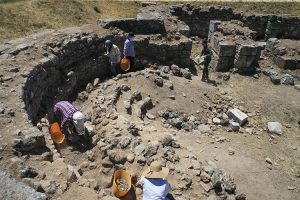
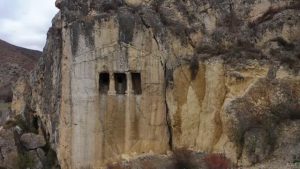
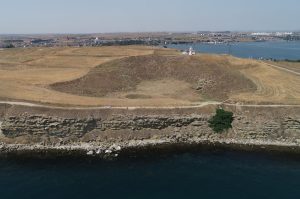
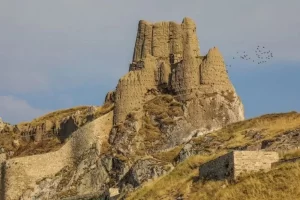
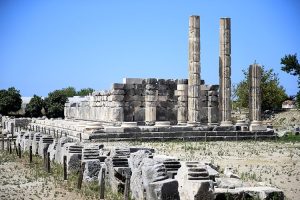
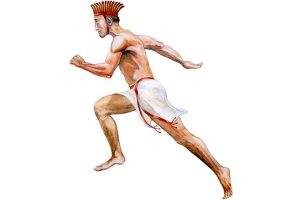

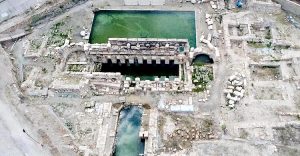
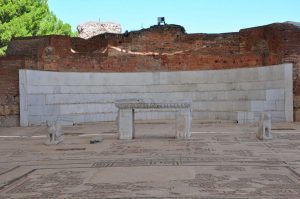
Leave a Reply